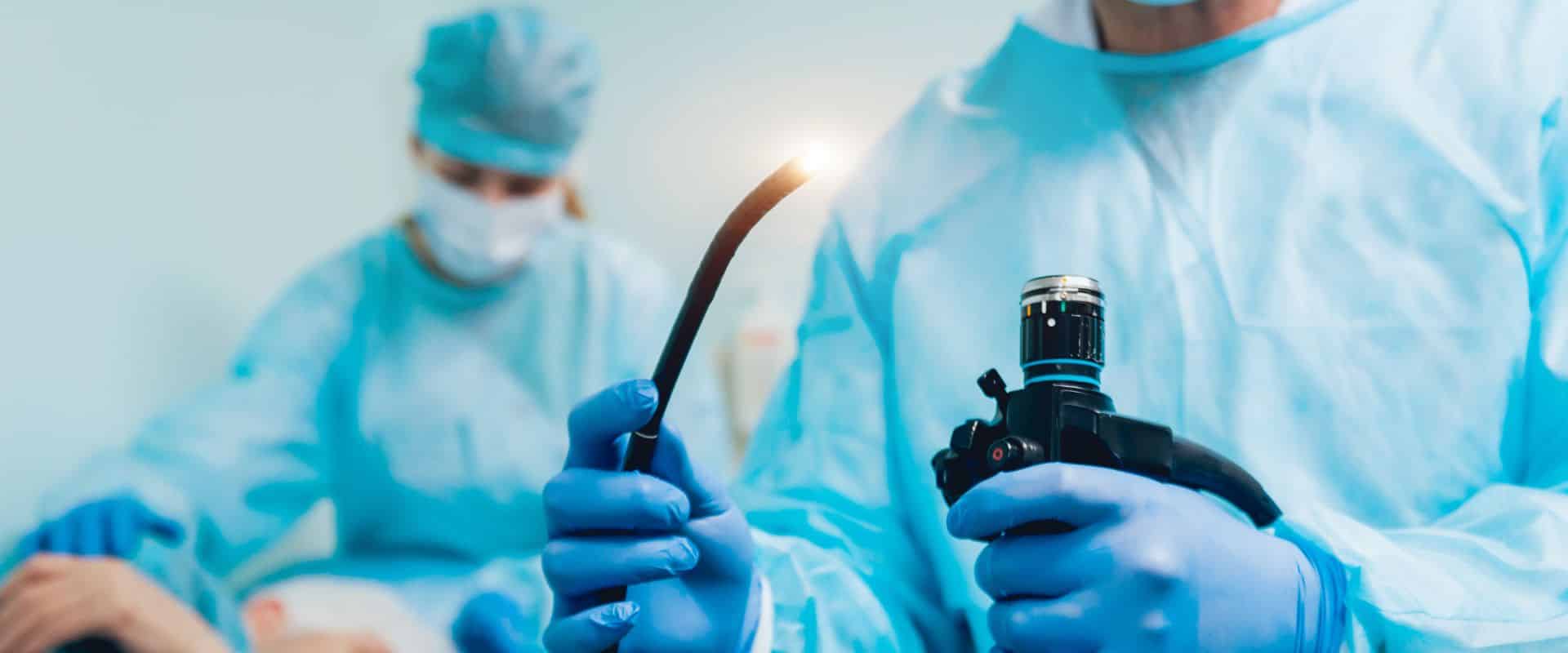Why it’s important to recognise bowel cancer symptoms early
Bowel cancer is a common yet treatable condition if detected in its initial stages. Early recognition of symptoms significantly improves treatment outcomes and quality of life.
An estimated 9.2% of new bowel cancer diagnoses were made in 2024 in Australia, highlighting the importance of awareness. Detecting bowel cancer symptoms early may not only increase survival rates but also help in the prevention of further complications.
Keep reading to find out more about bowel cancer symptoms and equip yourself to seek timely medical advice, which could lead to early diagnosis and effective treatment.
What are the early signs of bowel cancer?
Recognising the early signs of bowel cancer is important for identifying the condition before it progresses. Here are some key indicators to look out for:
Persistent changes in bowel habits
Experiencing diarrhoea, constipation, or changes in stool consistency over an extended period.
Blood in stool
Noticing red or dark-coloured blood in bowel movements or blackish colour, may suggest internal bleeding.
Abdominal pain or cramping
Unexplained, recurring gut discomfort or bloating that does not subside with usual medication.
Unexplained weight loss
Inexplicably losing weight without any change in diet, food intake, medication or physical activity.
Fatigue and weakness
Feeling persistently tired or weak without reason, could be a result of anaemia caused by blood loss.
Familiarising yourself with these symptoms may encourage early consultation with a healthcare provider, potentially catching the disease in its early stages.
The importance of early detection
Spotting bowel cancer symptoms early may play a role in improving health outcomes. Here’s why early detection matters:
Increased survival rates
Treatment is more likely to succeed in the initial stages, boosting survival chances.
Preventing cancer spread
Detecting cancer before it advances may help mitigate its spread to other areas.
Non-invasive screening options
Early detection allows for less invasive diagnostic tools and procedures.
Understanding the importance of early detection empowers individuals to take proactive steps for their health.
Screening options for early detection
Routine screening is a powerful tool that may help identify bowel cancer before noticeable symptoms develop. Some common screening methods include:
Faecal immunochemical test (FIT)
FIT is useful for the detection of hidden blood in stool samples and is a simple, at-home test.
Colonoscopy
Provides a thorough examination of the colon and rectum, often used to confirm abnormalities found in other screenings.
CT colonography
A non-invasive imaging technique procedure that creates both detailed 2D and 3D images of the colon and rectum.
Stool DNA test
Used in the detection and identification of specific DNA markers associated with bowel cancer in stool samples.
Regular screening is recommended as a preventative measure and may help detect bowel cancer before symptoms appear.
Risk factors for bowel cancer
Understanding your risk factors is an important step in staying vigilant. Here are some common risk factors that may increase the likelihood of bowel cancer:
Advanced age
Bowel cancer risk tends to increase with age, particularly for those over the age of 50.
Family history
A history of bowel cancer in close relatives may elevate your risk of bowel cancer.
Personal medical history
Inflammatory bowel disease or polyps may increase the likelihood of bowel cancer.
Lifestyle factors
Diets high in processed meats, low in fibre, or a sedentary lifestyle may increase risk.
Knowing these risk factors may help guide you towards making lifestyle changes and encourage earlier discussions with a healthcare provider.
When should you see a doctor?
If you experience persistent symptoms or have known risk factors for bowel cancer, it is important to consult a healthcare professional. Here’s when to seek medical advice:
Persistent symptoms
Symptoms such as blood in your stool or abdominal pain should not be ignored.
Family history
If bowel cancer runs in your family, it’s important to discuss this with your doctor.
Changes in bowel habits
Ongoing irregularities in usual bowel movements warrant medical attention.
Excessive fatigue
Chronic fatigue may indicate an underlying issue requiring further investigation.
If you have been experiencing any of these symptoms frequently, consulting your doctor promptly may make a significant difference in the management of bowel cancer.
FAQs

Routine screenings like the FIT test or colonoscopy may help facilitate the detection of bowel cancer even before symptoms appear.
Generally, individuals over 50 are recommended to be screened every two years. If you have higher risk factors, your doctor may suggest more frequent screenings.
Diets high in red or processed meat and low in fibre may increase your risk. Maintaining a balanced diet could help reduce this risk.
Treatment options for early-stage bowel cancer include surgery to remove polyps, as well as possible chemotherapy or radiation therapy if necessary.
Take action today for better health
Don’t wait for symptoms to become severe. Early detection of bowel cancer symptoms could be life-saving. Whether you’re experiencing symptoms or simply want to understand your risk, reaching out to a healthcare provider to discuss screening options and preventative measures is always a good idea.
Book a consultation with a gastroenterologist in Sydney offering bowel cancer screening and other procedures to take care of your gut today.
